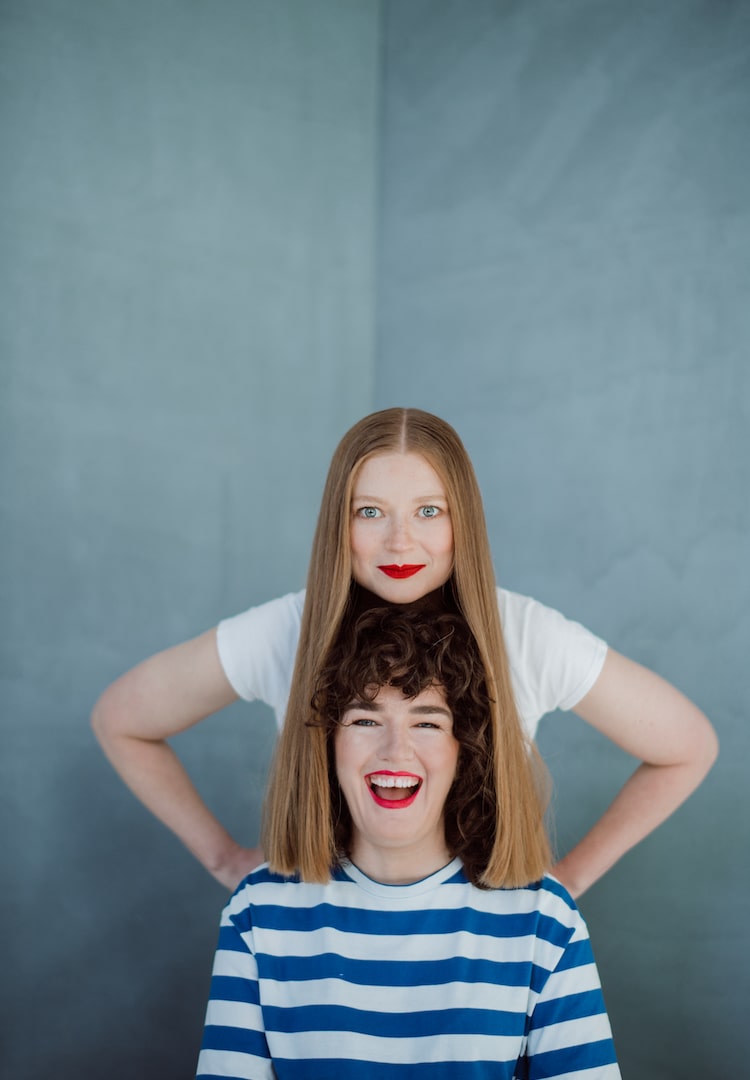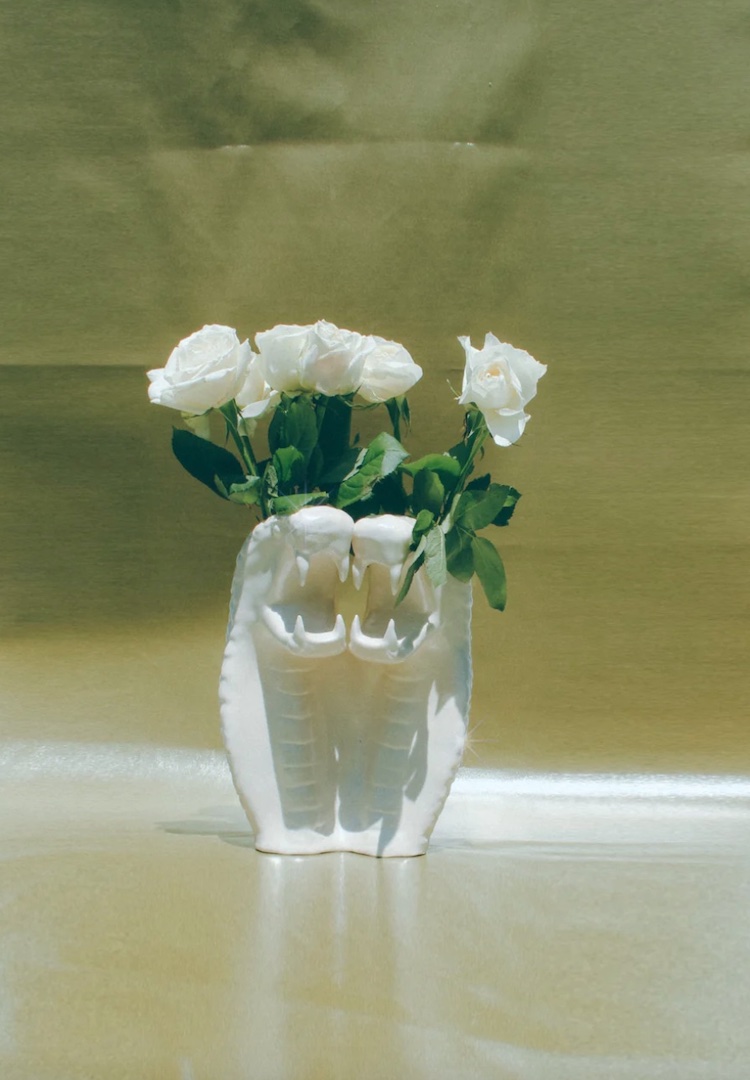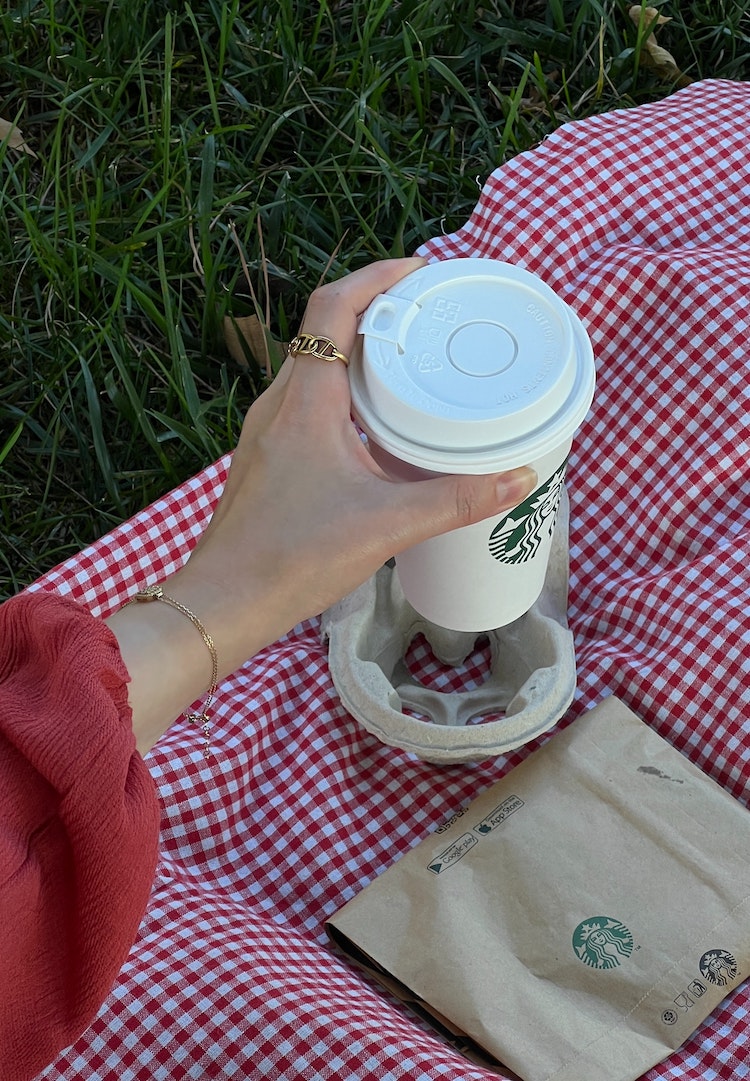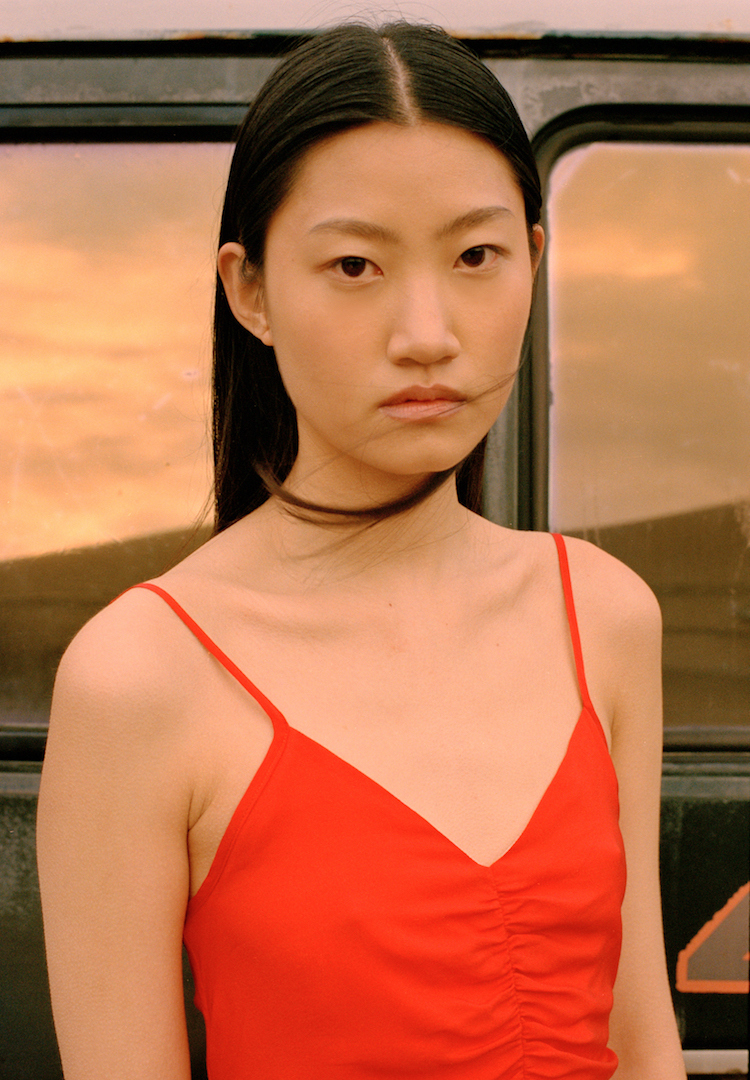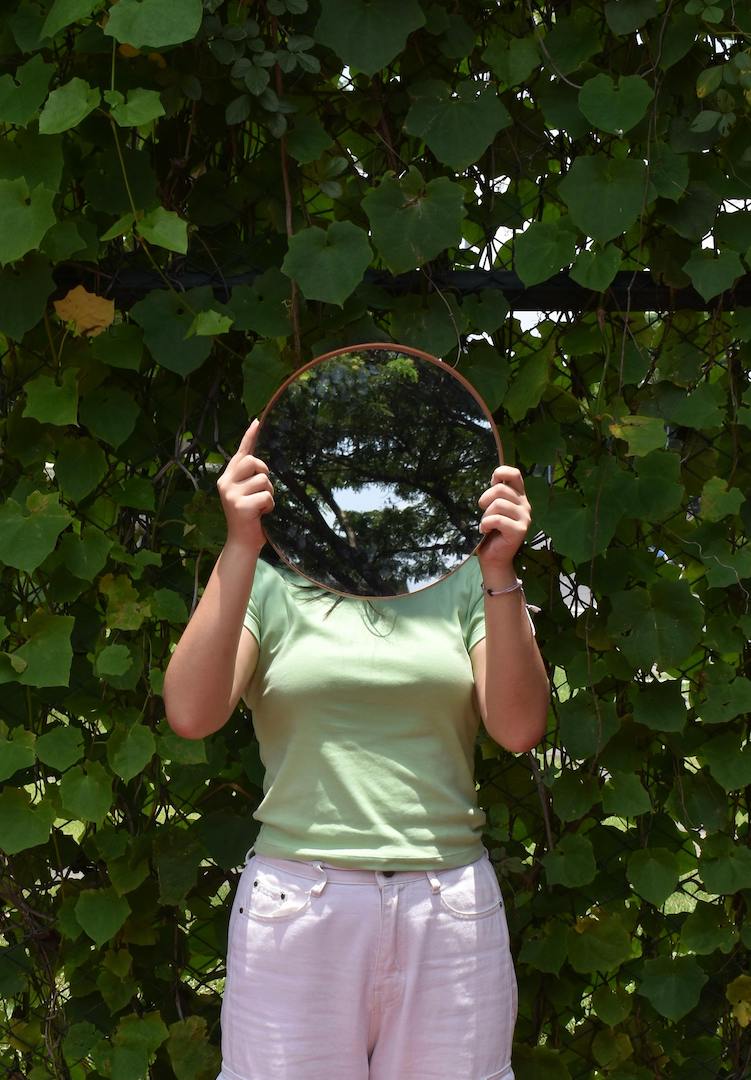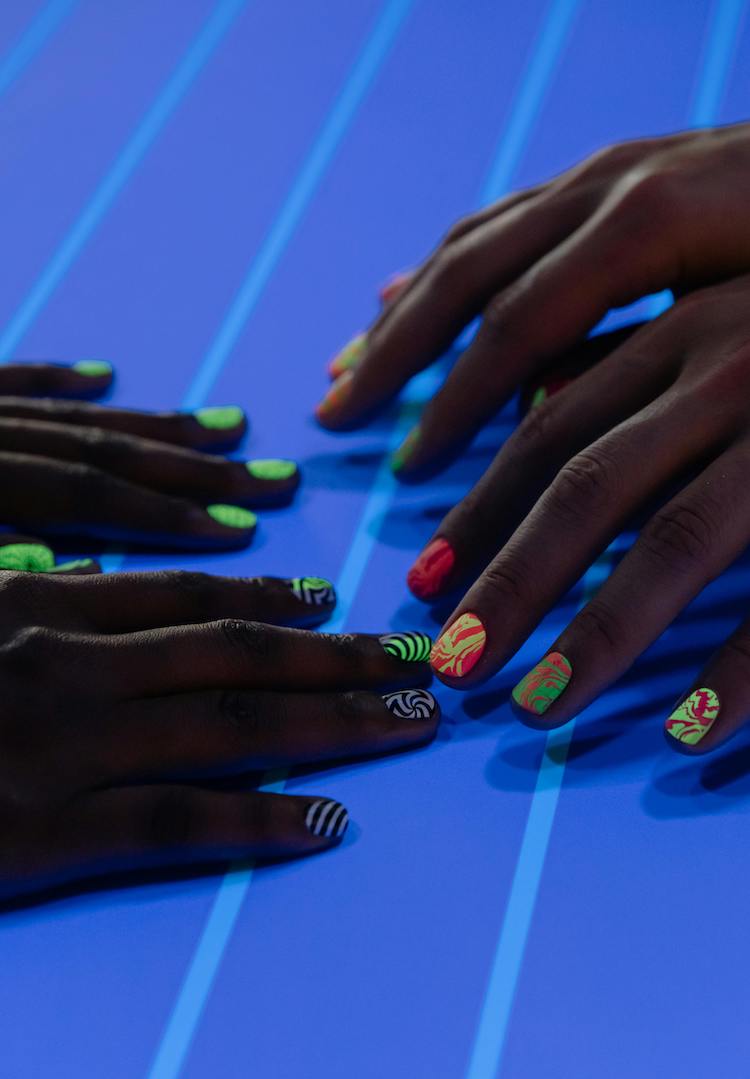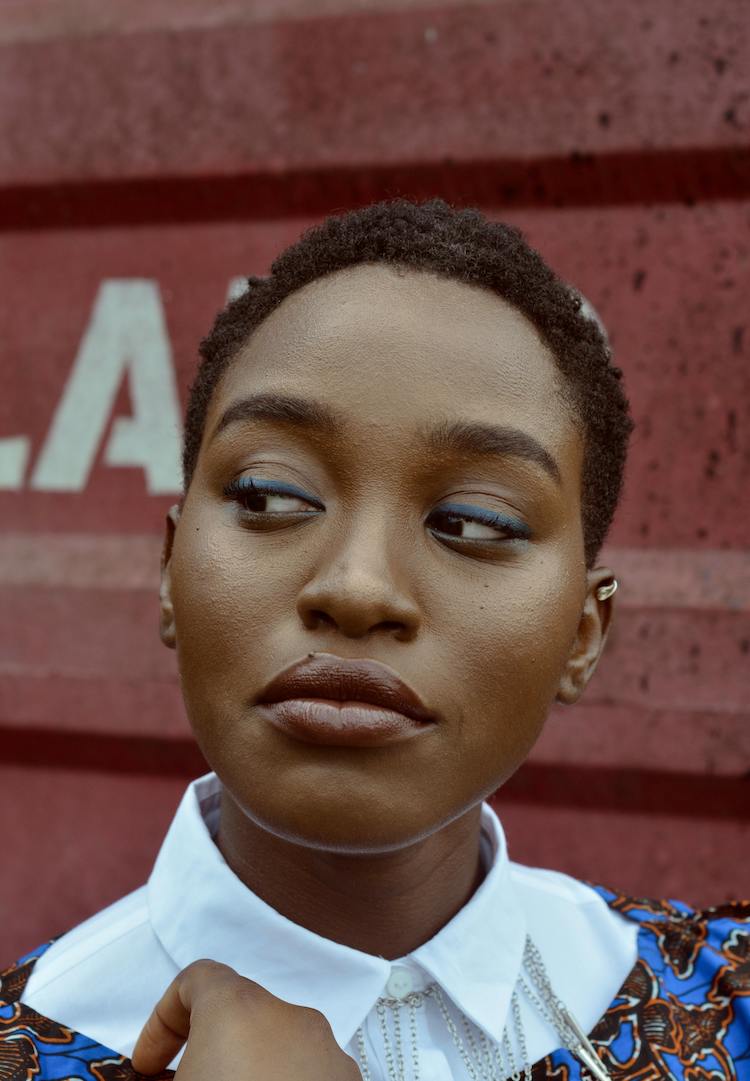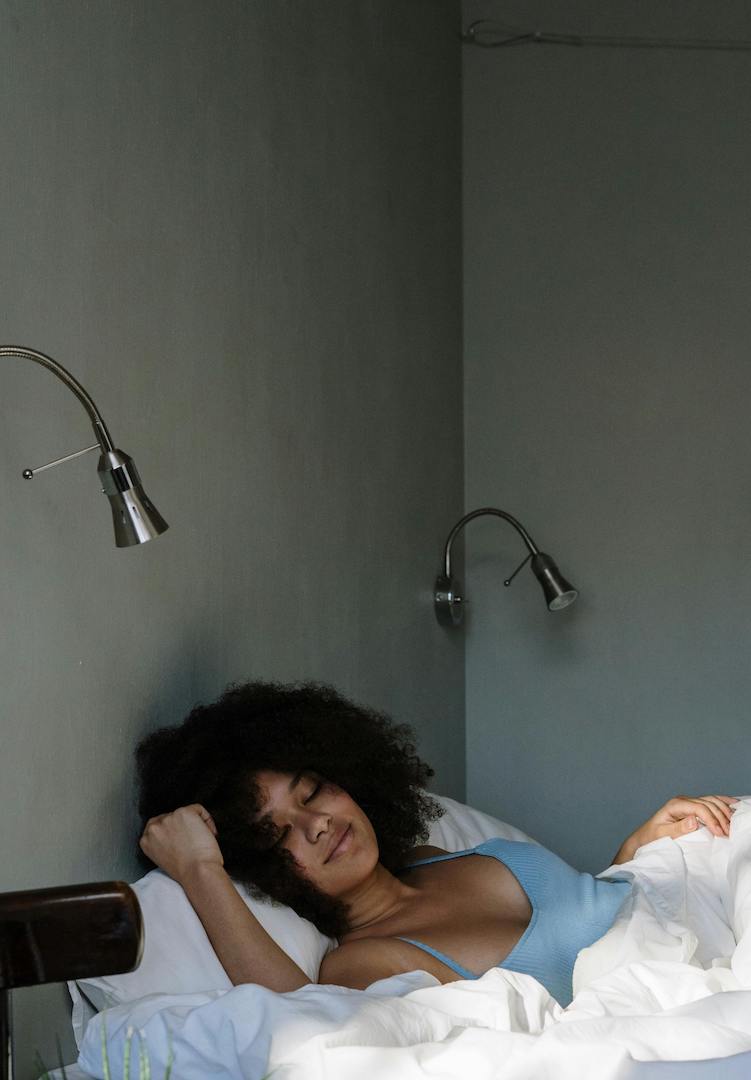Birthday blues: How turning 22 helped me understand my relationship with loneliness
Words by Camille Allen
“Loneliness is different. It makes me feel like a hollow version of myself. Being detached from people triggers a flight-or-fight response.”
A few nights ago, I cried on the shoulder of a good friend. I’m always grappling with the feeling of loneliness, but the imminent arrival of my birthday brought my anxieties to the forefront. I sobbed for hours, and the next morning I had the biggest emotional hangover.
I’d originally been assigned to write an article on ghosting. It was supposed to be an exploration into being ghosted and why I ghost. Over the past few weeks, I’ve had to analyse my relationship with ghosting (particularly in the context of friendships) and I realised loneliness was always at the core of my actions.
For more content like this, browse through our Life section.
The feeling of loneliness is a deep-rooted emotion. It’s heavy and suffocating. To say I feel lonely seems ridiculous because I’m not physically alone. I have friends who let me sob on their shoulders at 2am, I have family that welcome me home with open arms and I even have a career that feels like it’s just beginning to blossom.
But we forget the differences between social isolation and loneliness. I have elements in my life to prove I’m not alone, but is that how I really feel? According to the Australian government, social isolation “means having objectively few social relationships or roles and infrequent social contact”.
Now social isolation isn’t necessarily an issue, particularly for introverts. However, loneliness, which is a “subjective unpleasant or distressing feeling of a lack of connection to other people, along with a desire for more, or more satisfying, social relationships”, can leave you feeling hungry.
I was on a phone call last night with one of my closest friends (the one who I sobbed on the shoulder of). She was having a difficult time surrounding the aftershock of a breakup. I’ve never been in a romantic relationship (massive insecurity – we’ll touch on that later) but I tried my hardest to console her. Our conversation drifted towards the realisation that we were both terrified of rejection.
This fear of rejection had manifested itself differently within each of us, but its effects were undoubtedly the same. We both were struggling with loneliness. Despite both being physically, mentally and verbally there for each other, the emptiness engulfed us both. I don’t want to speak for the trajectory of her loneliness journey, but I’d love to speak about mine.
Growing up, my family was constantly uprooted – I was moving countries, changing cities and always starting at a new school. And through all that, the only thing I desired was a best friend. I wanted trust, familiarity and unconditional love.
I was heavily ostracised throughout high school. While I found myself with a circle of friends at some points, I always felt alone. My guard was up. I knew at any minute I could be whisked away to a new city or be ditched by another group of peers.
And because of these fears, I chose to ostracise myself. Ghosting friends made me feel like I had control over the anxiety of being rejected. If I ended up alone, it was my choice. This mindset has followed me into the world of dating, and I struggle with feeling unlovable.
The crushes I form cause an immense amount of anxiety. My mind churns with every reason why they wouldn’t want me. As soon as I’m rejected, ghosted or ignored, I’m almost relieved (and devastated). The last thing I want is to feel like unnecessary baggage. I go into any new relationship (platonic or other) suspicious, and ready to run.
John Cacioppo, Director of the Centre for Cognitive and Social Neuroscience in Chicago, noted that our bodies can recognise being alone or being with strangers, as a state of emergency. After studying its effects for 21 years, he was known as Dr Loneliness.
But for me, solitude and seclusion have never been bad. I enjoy my own company. It’s taught me to think for myself, to be selfish (in the best possible way), and has made me more creative. But loneliness is different. It makes me feel like a hollow version of myself. Being detached from people triggers a flight-or-fight response.
I feel this flight-or-fight the most on one very special day of the year: my birthday. I hate birthdays with a passion which is strange because frankly, I’m a bit of an attention whore. The day I’m writing this is my birthday, and I feel like a nervous wreck. Birthdays have always been met with disappointment, and I’ve got an impeccable track record of crying every year. I find them to be the point in the year when people I thought were my friends show how little they actually care.
In my first year of high school, I used to sit in a circle with a group of girls from my year seven homeroom. Our cold knees jutted out of our red tartan uniforms. I didn’t like these girls much. They were cruel and I hated how I felt around them. I felt like I was only there to succumb to their hostility.
The penny dropped for me when I realised no one wanted me in that group. At the end of the day, I just didn’t belong. I stopped sitting with them at lunch and I avoided them as much as I could. I ghosted them and they probably didn’t notice. The tipping point for this decision? My birthday. I had watched throughout the school year as every girl was thrown a ‘locker party’ by their friends.
Locker parties were big business. The act of the locker party highlighted, very visually, how much you were loved. This is how a locker party went down. Someone’s birthday would be feverishly approaching. A Snapchat group would be made (it was 2014). There would be a best friend who knew the code to the locker.
On the day, the group would get to school 10 to 15 minutes before the first bell to decorate – streamers, balloons, chocolates, lovingly written cards, maybe even a present. These would be jammed in the locker. Then, like clockwork, the birthday girl would stride down the hallway and be overcome by love, generosity and friendship. But on my 13th birthday, my locker was bare.
It’s natural for us to find safety in people – evolutionarily speaking, we form relationships for survival. Voluntarily ostracising yourself from a group or the safety of another person is, ultimately, inhuman. As I sit here contemplating my birthday plans, all I want to do is ghost.
The loneliness is eating me whole today. Because today, unlike in other years, people are showing they care for me. Within the last year, I have found an incredible group of people and they have proven time and time again that I’m not alone. My victim complex can’t take it!
According to reports, there has been an increased number of people (mainly women) aged under 24 who have reported experiencing acute loneliness since 2015. In 2021, more than one in four women aged 18 to 24 agreed with the statement ‘I often feel very lonely’. Loneliness is at the crux of everything I feel, and I don’t particularly want to continue living in fear that no one is going to decorate my locker.
Today, I turn 22. Although I still grapple with the impending doom of being alone forever, I’m beginning to understand that isn’t the case. I’m able to call people when I feel down and surround myself with love and laughter. Heck, I could buy my own goddamn locker, bring it to the pub and get my friends to decorate it.
If you or someone you know is struggling with their mental health, you can contact Lifeline on 13 11 14.

